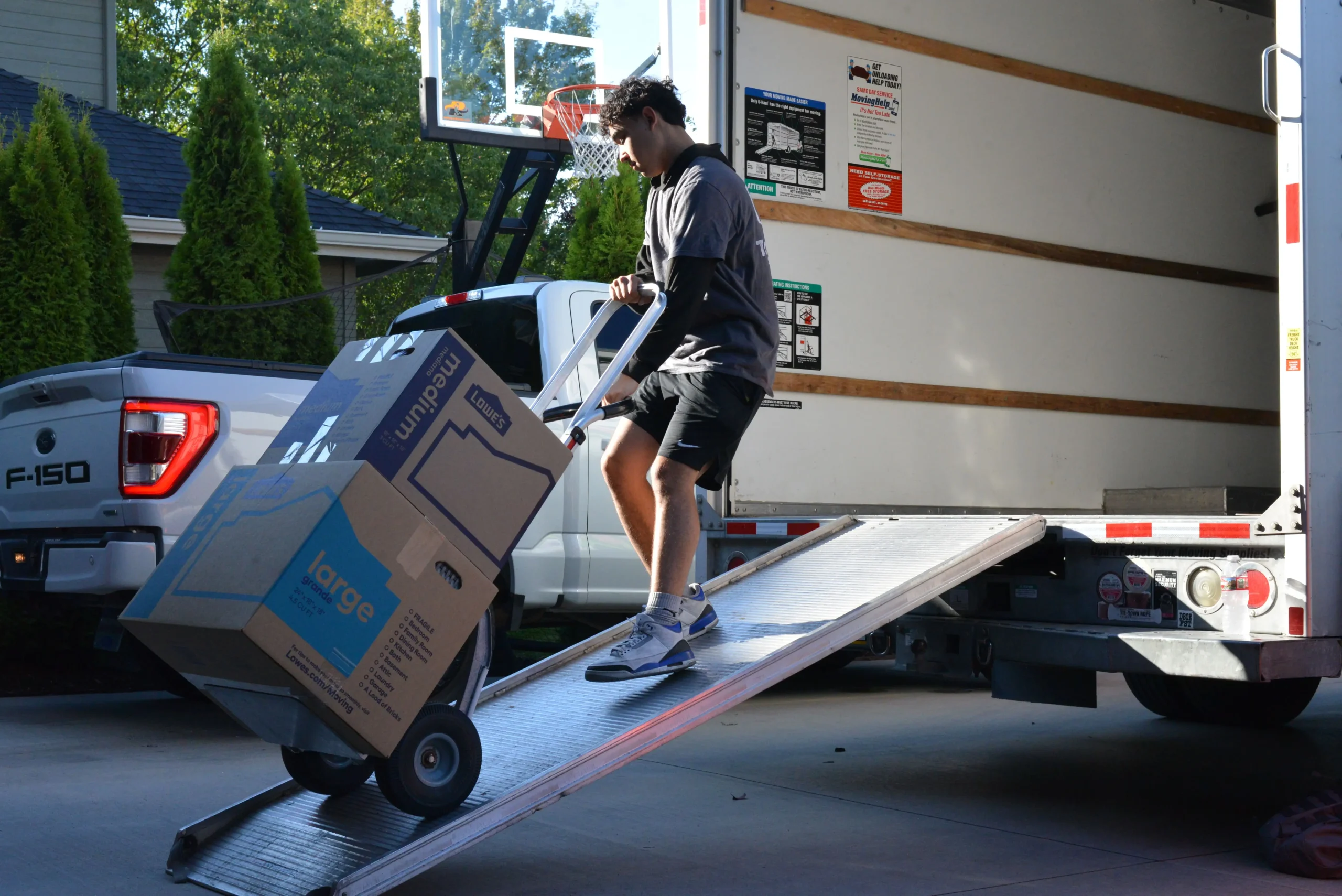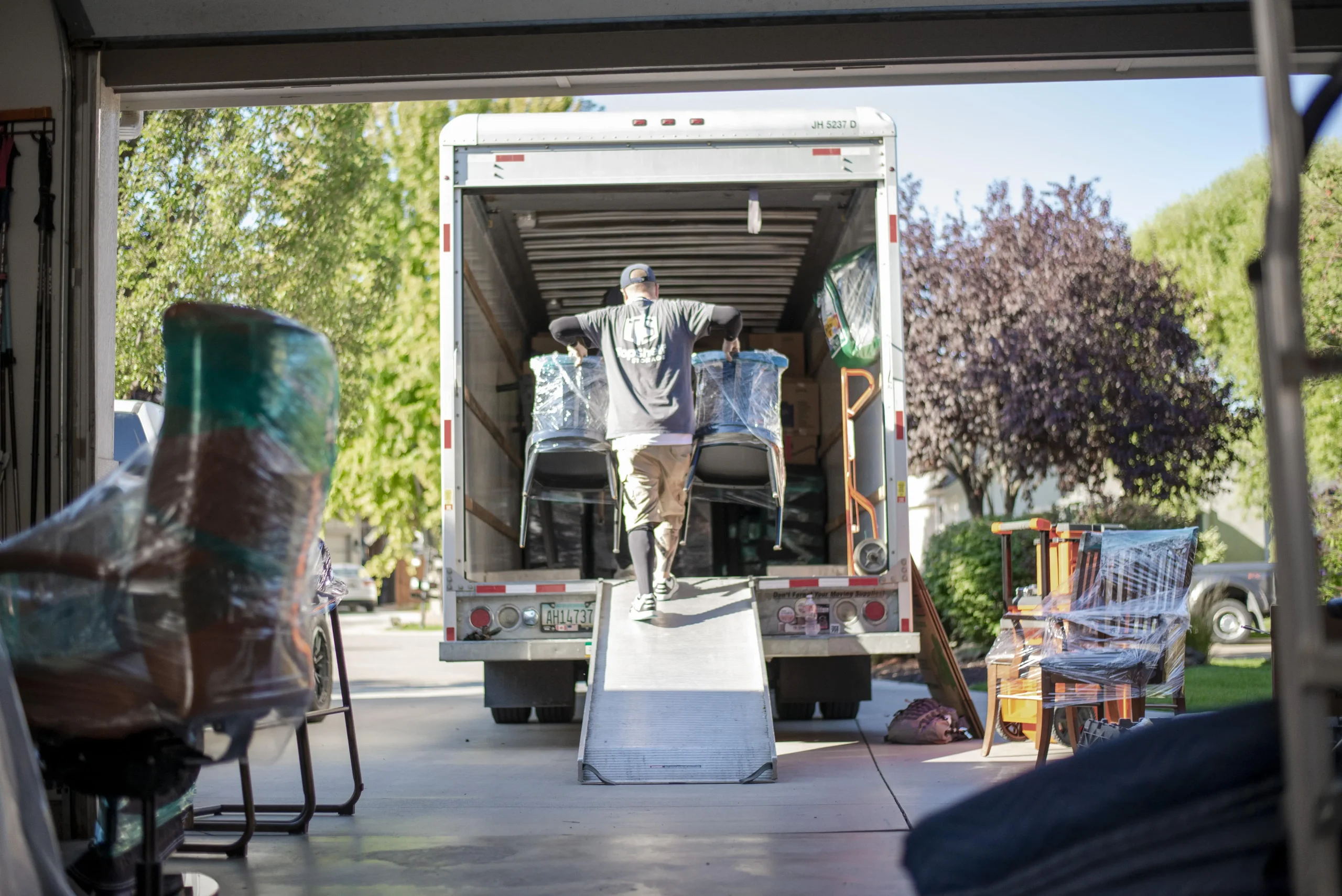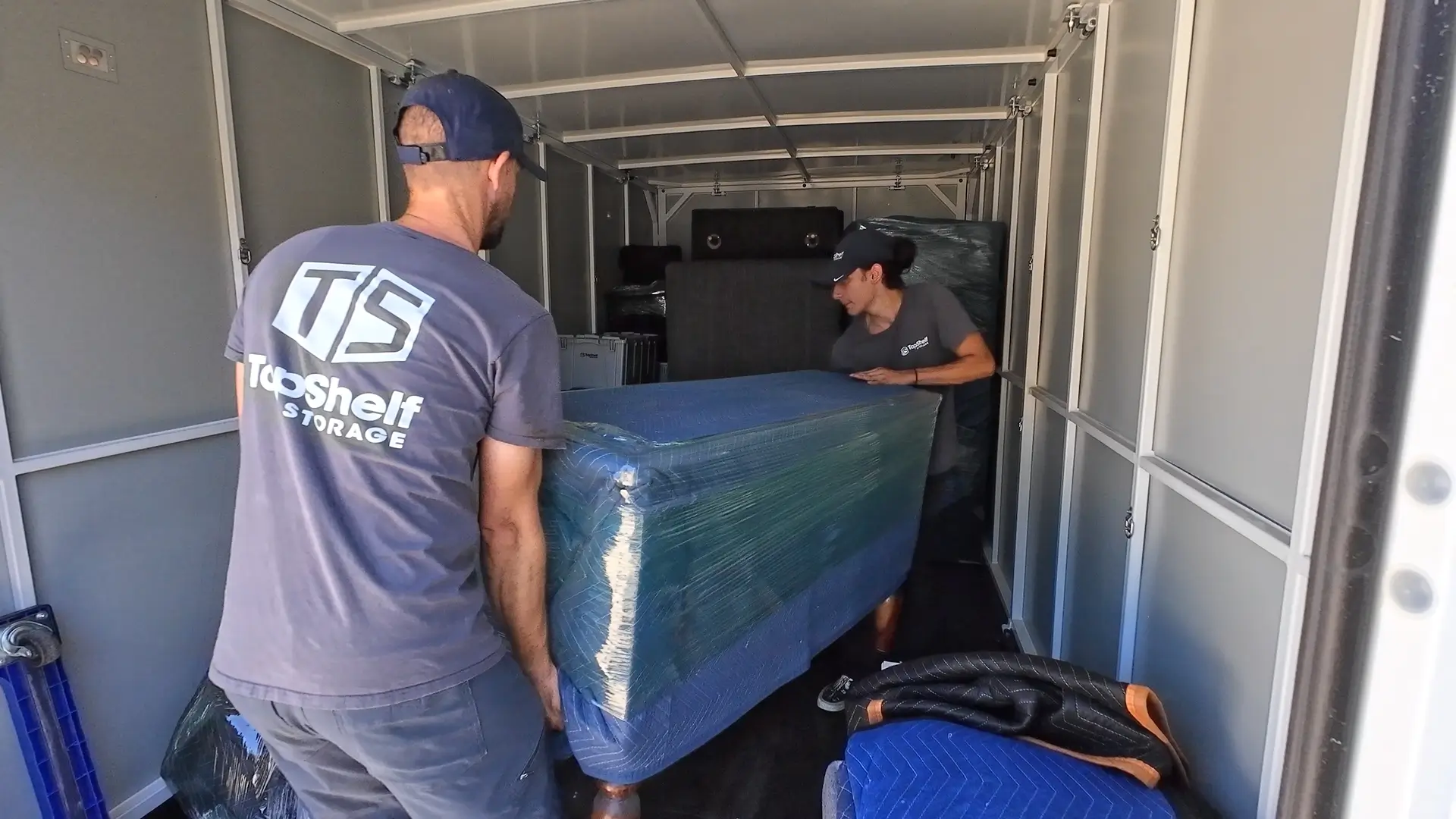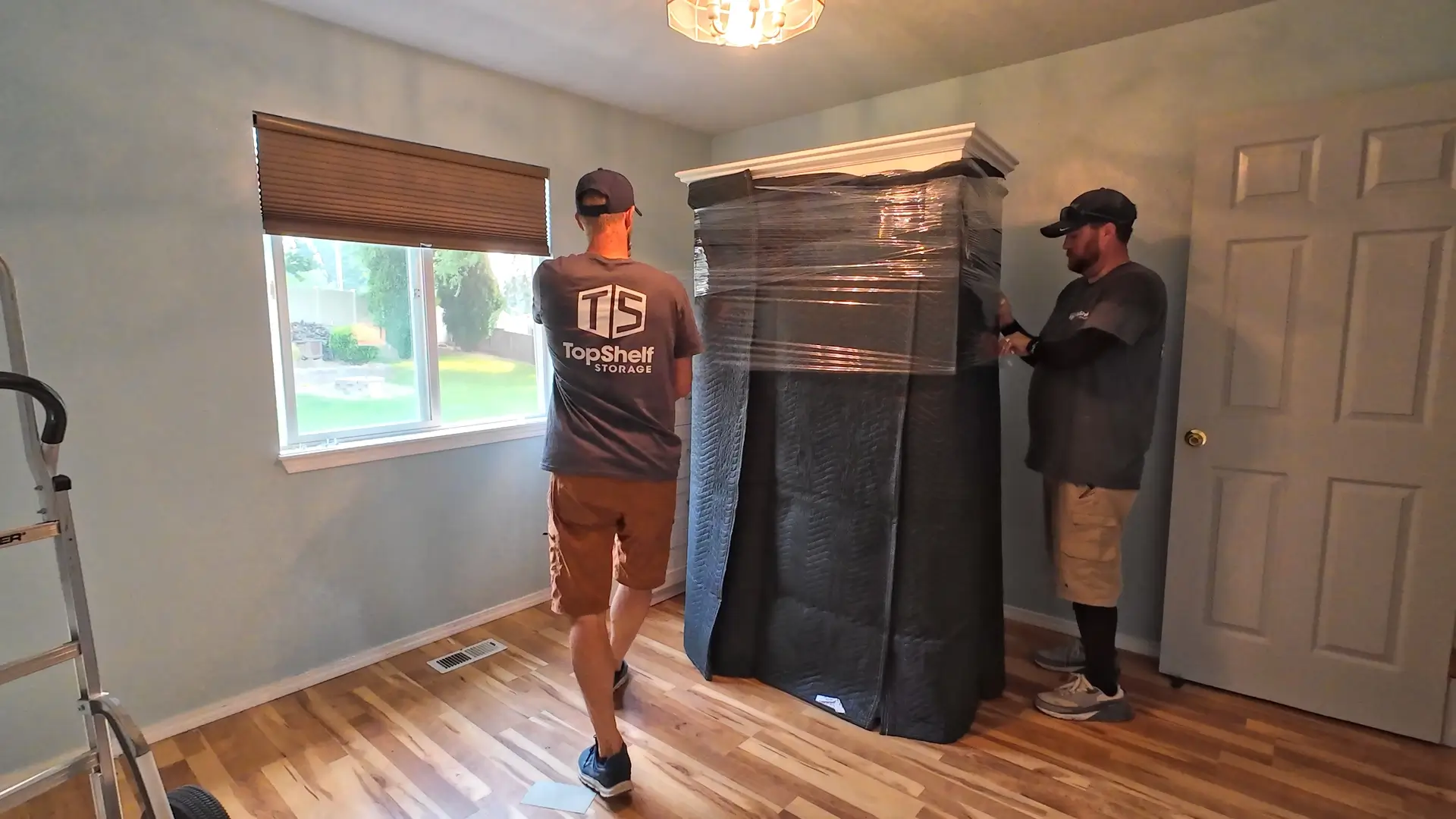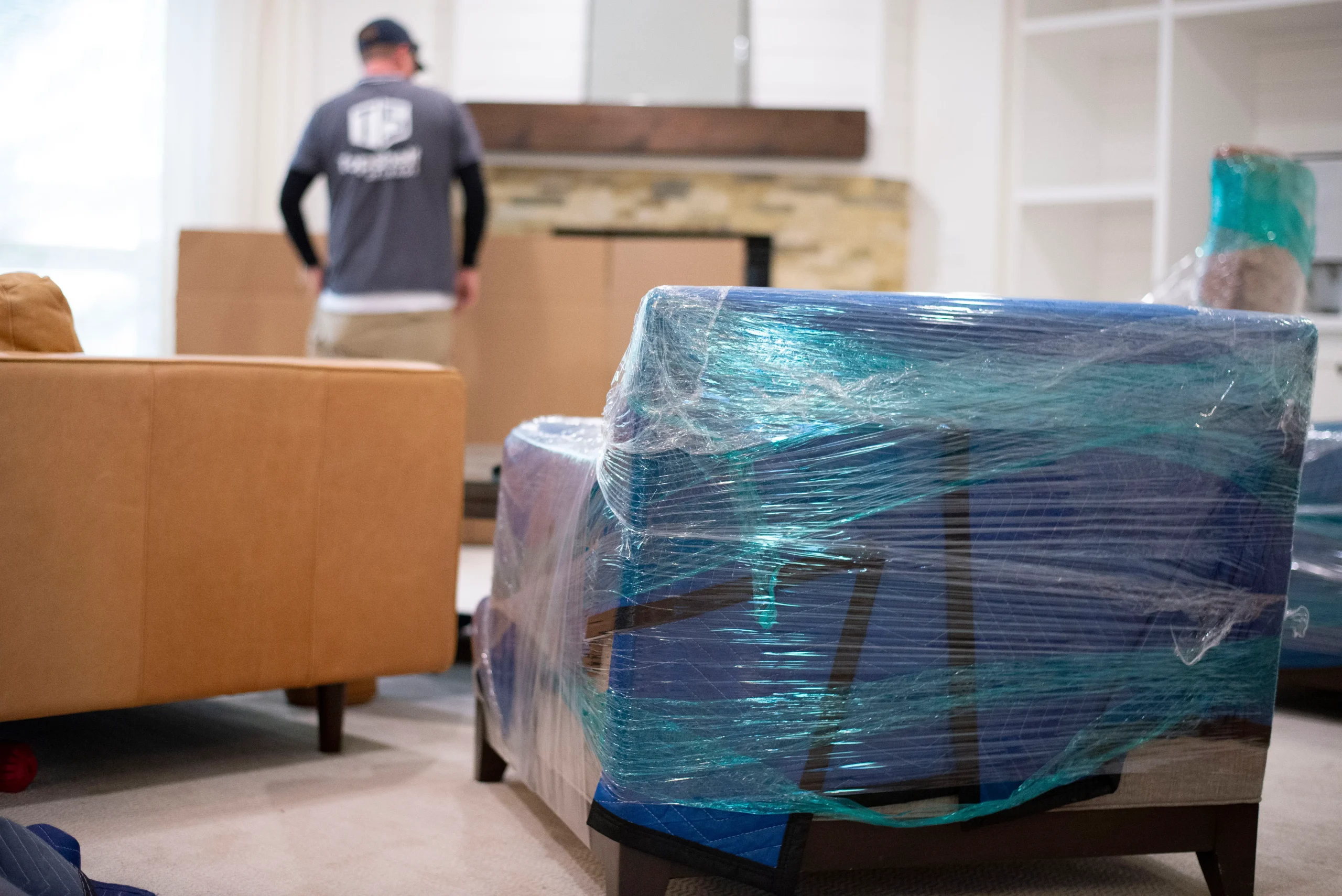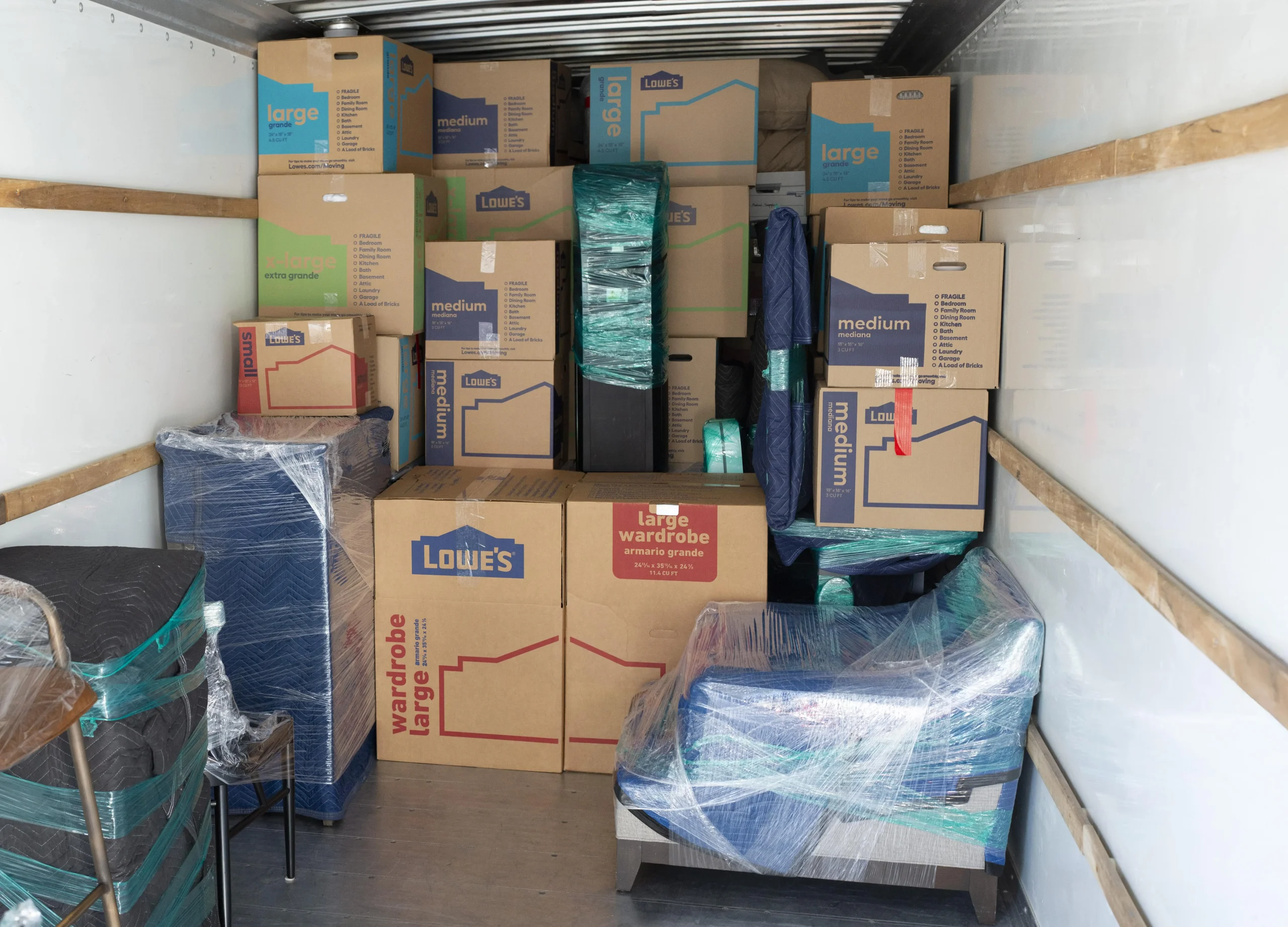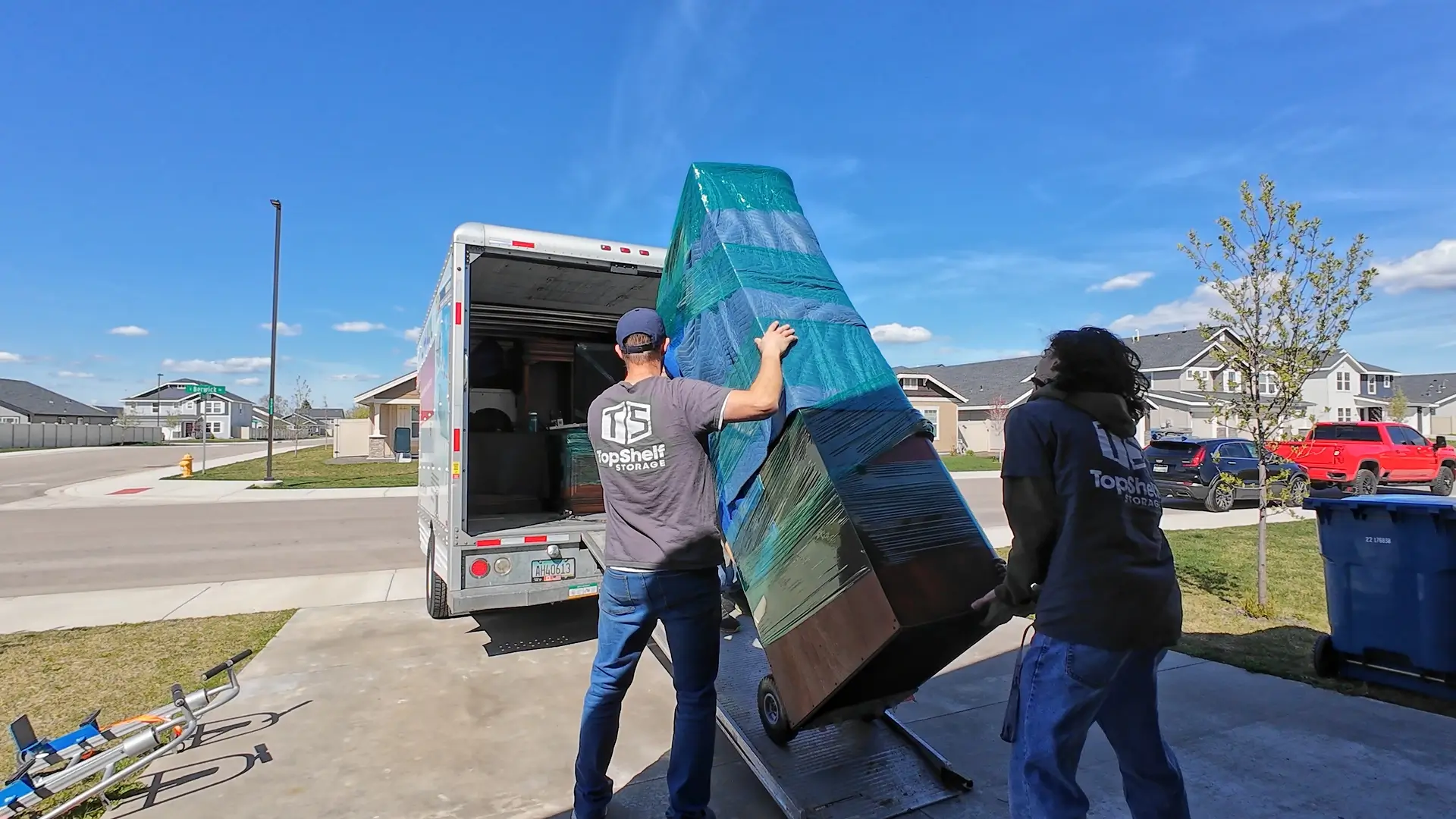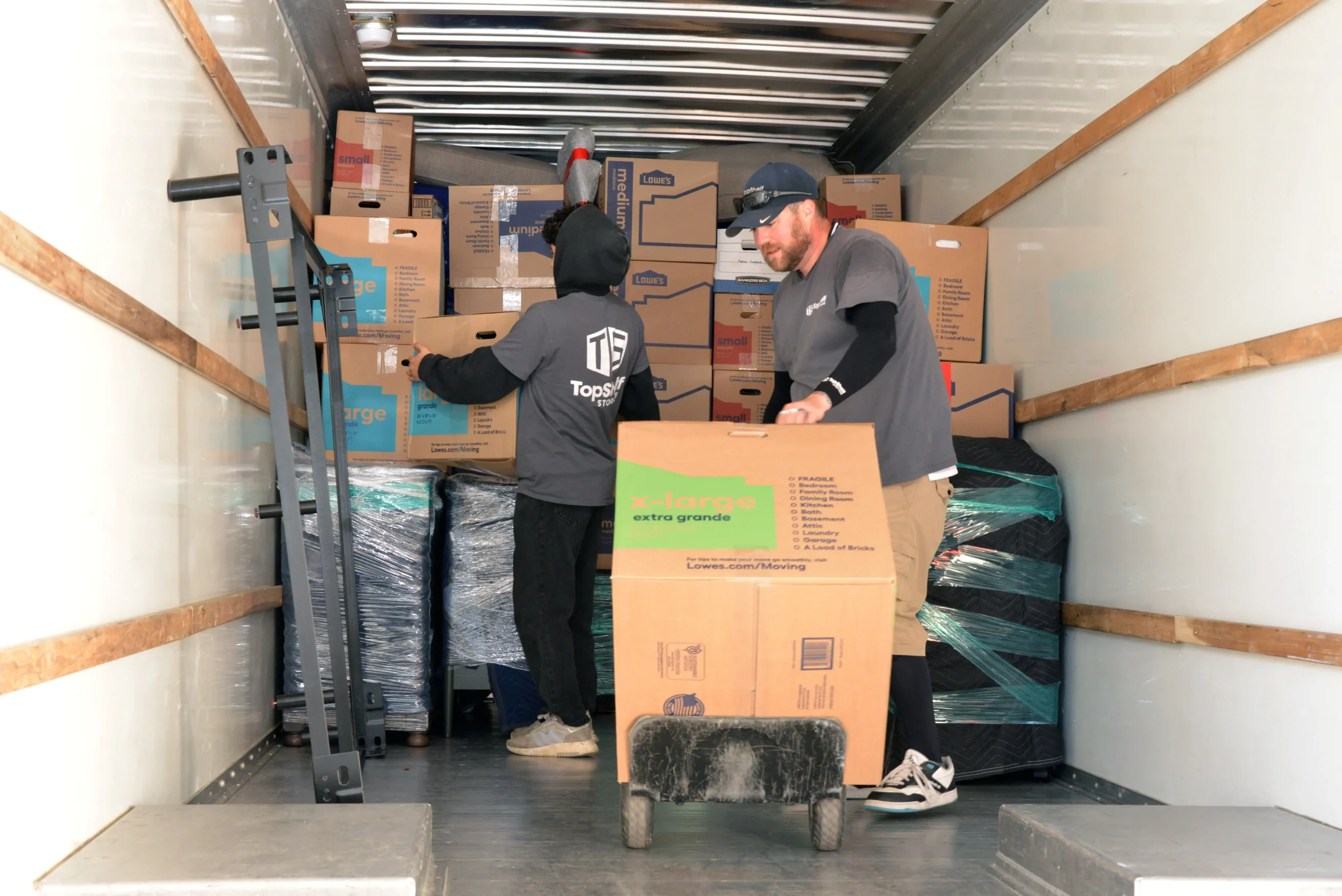Moving involves enough stress without sketchy companies or con artists piling on extra misery. Yet, it happens: some shady crews offer deceptively low moving company prices, then hold your items hostage or tack on surprise fees. The good news? A few smart precautions can keep your valuables (and your wallet) safe. Below are some strategies to sidestep fraud while sifting through movers and beyond.
Recognizing Red Flags and Warning Signs
Scammers thrive on desperation, confusion, or your willingness to overlook small details.
- Too-Good-To-Be-True Quotes: That super lowball moving company quote might sound tempting, but ask yourself if it’s realistic. Sometimes a cheap moving company can be legit—but if their offer is wildly under the average moving company cost, proceed carefully.
- No Physical Address: Check for a valid office or warehouse. Sketchy operators might hide behind PO boxes or use fake addresses.
- Pushy Deposits: Reputable moving companies rarely demand large cash deposits. A small reservation fee is normal, but never hand over an envelope of cash to hold your move.
Your gut can be a powerful tool. If a local moving company or movers in my area is too pushy or secretive, consider it a warning sign.
Verifying Company Licenses and Insurance
Genuine moving services follow certain rules, especially for interstate jobs.
- Licensing Basics: Ask for a USDOT number if you’re crossing state lines. Within your state, see if local movers must meet specific licensing requirements.
- Insurance Confirmation: Legit moving company insurance covers liability for your belongings. If a moving company can’t prove they have coverage, your stuff could be at risk.
- Local Regulations: Some regions require local moving companies to register with state bodies. Confirm they’re up to date, so you’re not hiring unregistered amateurs.
Requesting license and insurance details might feel nitpicky, but professionals appreciate informed customers. Real professional movers are happy to prove legitimacy—it’s the shady ones that duck the question.
Knowing Your Rights and Responsibilities
Many states and federal agencies publish guidelines outlining what you can expect from moving companies.
- Written Estimates: If you’re going with a full service moving company, you should get a detailed estimate in writing. This includes potential charges, like a full service movers cost breakdown or charges for short distance movers.
- Bill of Lading: Always get a contract listing pickup, delivery dates, moving company rates, and other terms. Keep it safe—this document can settle disputes if the moving company tries any funny business.
- Regulatory Protections: Interstate moves fall under federal jurisdiction. Familiarize yourself with guidelines from the FMCSA (Federal Motor Carrier Safety Administration). Knowing your rights helps you spot nonsense.
You have the right to a fair, transparent move. Stand firm if a cheap movers outfit dismisses or downplays your concerns.

Getting Everything in Writing
A handshake or a verbal promise might’ve worked for your grandpa’s generation, but it won’t cut it now.
- Detailed Quotes: Insist on seeing every fee, from packing materials to fuel surcharges. Even a cheapest moving company should give a line-item breakdown for clarity.
- Inventory Sheets: For large or complicated moves, local moving company might come for an in-person survey. Request an inventory list to avoid “missing boxes” or disputes later.
- Insurance Coverage: Get the coverage details spelled out. Basic coverage is different from full-value protection—especially if you’re moving priceless art or bulky furniture.
Paper trails protect both parties. If something goes sideways, you’ll have proof that the moving service agreed to certain terms or costs.
Reporting Suspicious Activities to Authorities
If you suspect a scam, reporting it can help prevent others from falling prey.
- Local Agencies: Your state’s consumer protection office might track moving complaints. Filing a report can spur investigations into unscrupulous moving companies.
- Federal Resources: For interstate scams, contact the FMCSA or the Better Business Bureau. If you’ve been seriously cheated, law enforcement might need to step in.
- Online Reviews: A thorough, factual review warns future customers. Mention specifics—like last-minute demanded fees or damaged belongings—so others can spot red flags.
Silence only benefits fraudsters. By reporting issues, you help honest businesses stand out and questionable ones vanish.
Final Thoughts
Finding reputable movers shouldn’t feel like a high-stakes gamble. With a bit of research—checking licenses, collecting written estimates, and trusting your instincts—you can dodge the fraudsters and partner with a legitimate best moving company or a trustworthy local movers crew that treats your belongings with care.
Yes, moving can be stressful. But dealing with con artists makes it exponentially worse. Arm yourself with knowledge, follow up on references, and never underestimate the power of a good paper trail. Because at the end of the day, you deserve a straightforward, hassle-free move. Good luck out there!


